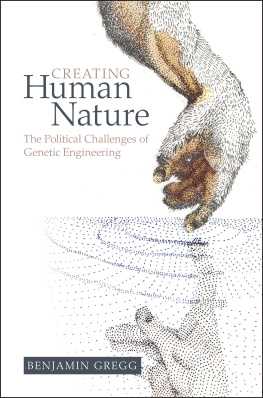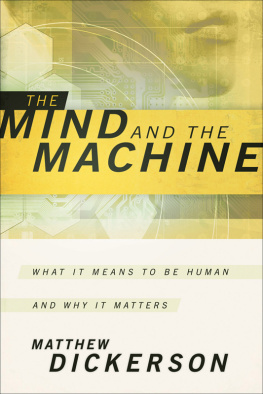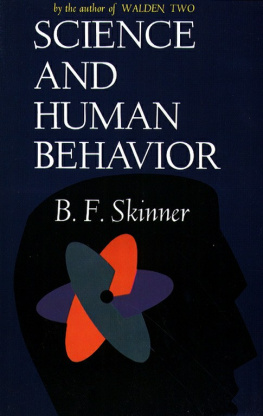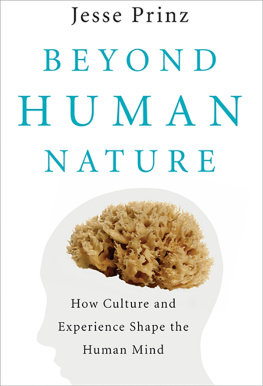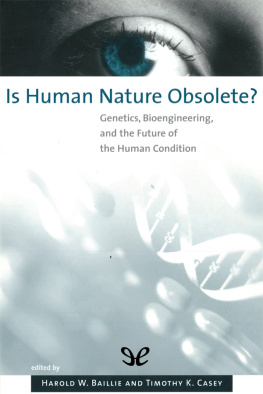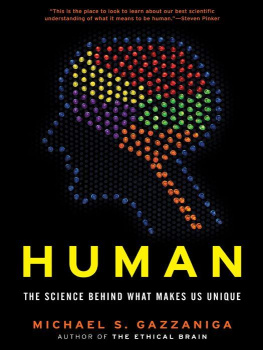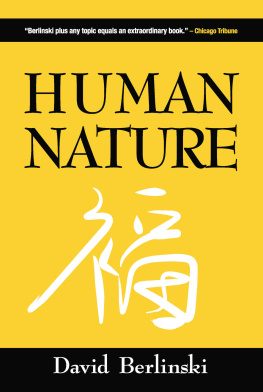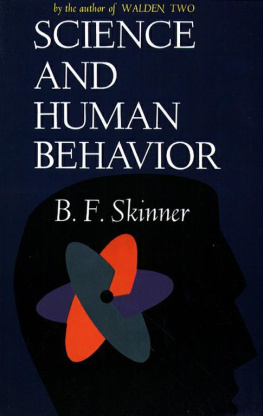Landmarks

THE HUMAN PARADOX
The Human Paradox
Rediscovering the Nature
of the Human
An essay on the metaphysics of the virtues
RALPH HEINTZMAN
UNIVERSITY OF TORONTO PRESS
Toronto Buffalo London
University of Toronto Press 2022
Toronto Buffalo London
utorontopress.com
ISBN 978-1-4875-4151-4 (cloth)
ISBN 978-1-4875-4153-8 (EPUB)
ISBN 978-1-4875-4152-1 (PDF)
Library and Archives Canada Cataloguing in Publication
Title: The human paradox : rediscovering the nature of the human : an essay on the metaphysics of the virtues / Ralph Heintzman.
Names: Heintzman, Ralph, author.
Description: Includes bibliographical references and index.
Identifiers: Canadiana (print) 20220220123 | Canadiana (ebook) 20220220204 | ISBN 9781487541514 (cloth) | ISBN 9781487541538 (EPUB) | ISBN 9781487541521 (PDF)
Subjects: LCSH: Virtues. | LCSH: Ontology.
Classification: LCC BJ1521 .H45 2022 | DDC 171/.3 dc23
We wish to acknowledge the land on which the University of Toronto Press operates. This land is the traditional territory of the Wendat, the Anishnaabeg, the Haudenosaunee, the Mtis, and the Mississaugas of the Credit First Nation.
This book has been published with the help of a grant from the Federation for the Humanities and Social Sciences, through the Awards to Scholarly Publications Program, using funds provided by the Social Sciences and Humanities Research Council of Canada.
University of Toronto Press acknowledges the financial support of the Government of Canada, the Canada Council for the Arts, and the Ontario Arts Council, an agency of the Government of Ontario, for its publishing activities.

For Jane
sine qua non
The wolf shall dwell with the lamb, and the leopard shall lie down with the kid; and the calf and the young lion and the fatling together.
Isaiah
[S]urely smallness is the most inapt quality for a soul which is always yearning to reach out after the divine and the human in its wholeness and its totality.
Plato
[A]ll things are either contraries or composed of contraries, and unity and plurality are the starting points of all contraries.
Aristotle
The Master said: Virtue never stands alone. It is bound to have neighbours.
Confucius
How can one soul contain within itself so much at variance, in such conflict with each other? How does it balance them in the scale?
Augustine of Hippo
Earthly creatures have a fourfold nature.
Thomas Aquinas
[I]l y a deux vrits gnrales absolues, cest--dire qui parlent de lexistence actuelle des choses [Dune part] nous sommes, de lautre il y a quelque autre chose que nous.
G.W. Leibniz
Life is the union of union and non-union.
G.W.F. Hegel
Did philosophy commence with an it is, instead of an I am, Spinoza would be altogether true.
Samuel Taylor Coleridge
A table of virtues hangs over every people The love that wants to rule and the love that wants to obey created together such tables as these.
Friedrich Nietzsche
[I]f metaphysics is to stand, it must, I think, take account of all sides of our being.
F.H. Bradley
[The] paradox of the parallel passions We must have in us enough reverence for all things outside us We must also have enough disdain for all things outside us.
G.K. Chesterton
[T]he knowable is the complete nature of the knower.
Alfred North Whitehead
The unity of the four lingers in the gift of the pouring.
Martin Heidegger
I am is an active verb. it is ultimately points out, not that which the thing is, but the primitive existential act which causes it both to be and to be precisely that which it is.
tienne Gilson
[] linfinie vertu unificatrice correspond linfinie sparation dont elle triomphe.
Simone Weil
[S]ocial and ethical life must exist in peoples dispositions.
Bernard Williams
The moral (or spiritual) life is both one and not one. We have to live a single moral existence, and also retain the separate force of various kinds of moral vision.
Iris Murdoch
La multiplicit des mois nest pas le hasard, mais la structure de la crature.
Emmanuel Levinas
[L]tre est originairement dialectique.
Paul Ricur
[W]e might perhaps change our picture of modern culture. we might rather see it as a free-for-all, the scene of a three-cornered perhaps ultimately, a four-cornered battle.
Charles Taylor
[I]t is actually perfectly possible to be from the north and the south and the east and the west all at once. Its as if theyre in a conversation, but a conversation made of stance.
Ali Smith
[A]t the intersection of those four directions, is right where we stand as humans, trying to find a balance among them.
Robin Wall Kimmerer
Heaven doth with us as we with torches do,
Not light them for themselves; for if our virtues
Did not go forth of us, twere all alike
As if we had them not.
William Shakespeare
Contents
Figures and Tables
Figures
Tables
Preface
In the language of the movies, this book might be called a prequel. That is to say, it comes after. But, logically, it should have come before.
A few years ago I wrote a book called Rediscovering Reverence. It was based on some assumptions about the nature of the human, which were sketched out in the first two chapters. But they couldnt be fully developed there. They were just the starting point, so I could get on to other things. When I finished that earlier book, I had a persistent feeling I should go back to the starting point, and explain myself more fully. I sensed a need to explore, in more depth, the assumptions of my previous book about the nature of the human.
It seemed important to do this for several reasons.
The first is simply the obligation arising from unfinished business. Id asked the readers of the previous book to accept certain premises without fully justifying them. I had also referred repeatedly to two basic families of virtues, but without describing them in detail or listing them, except in the index. Readers of the previous book had to take these two families somewhat on faith, as it were, described only in rather general terms. It seemed to me important to make up both of these deficits.
Another reason is that Rediscovering Reverence was necessarily unbalanced. Because I was trying to reintroduce my readers to a side of themselves the post-modern world neglects or even denies, I had to give more attention to one side of the human than to the other. But both sides are essential. Without both, there is nothing we can call fully or genuinely human. So, it seemed important to start again, at the beginning, and give both of them the equal attention they deserve.
A third reason is that the nature of the human is much more complex and self-contradictory than a simple emphasis on two basic poles of the human would suggest. Without a supplement, the argument of the previous book might appear to over-simplify the nature of the human. Readers might be misled or might not be able to recognize or explain the infinite complexity and endless self-contradictions they find within themselves.
And finally, explaining the nature of the human is just as important as the subject of the previous book. In fact, as I suggest in the introduction to this book, and again in the final chapters, the fate of the world seems to hang on it. If we dont understand the human, in its fullness and complexity and contradiction, we cant construct a human world. In fact, we may



